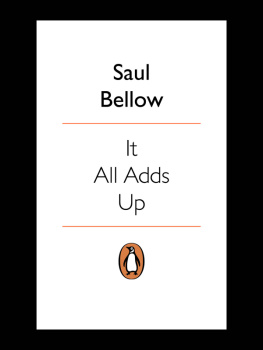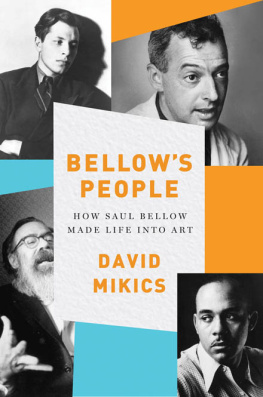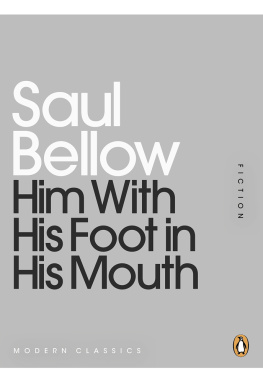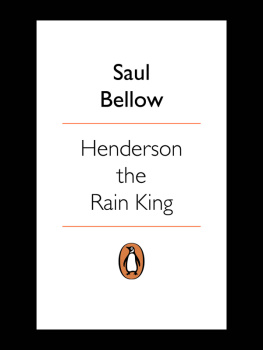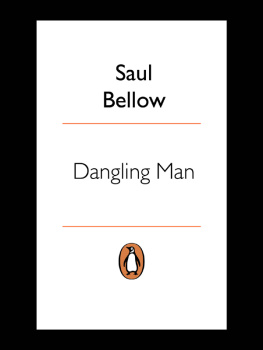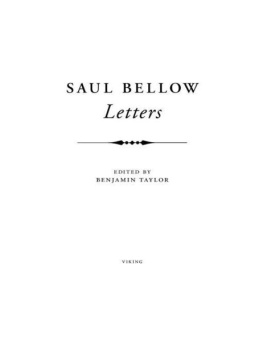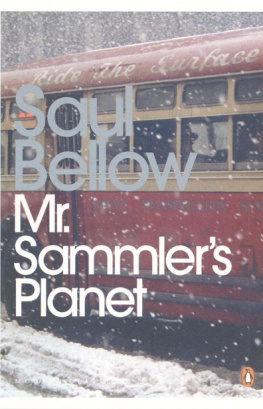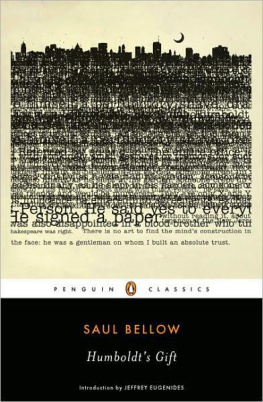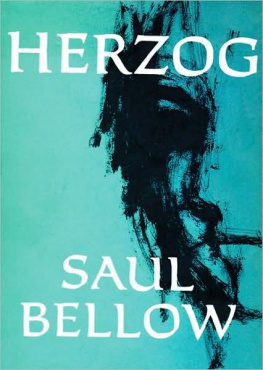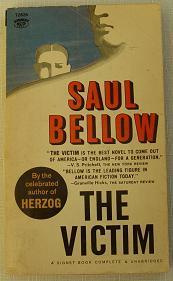Bellow - It All Adds Up
Here you can read online Bellow - It All Adds Up full text of the book (entire story) in english for free. Download pdf and epub, get meaning, cover and reviews about this ebook. year: 2016, publisher: Penguin Books, genre: Science. Description of the work, (preface) as well as reviews are available. Best literature library LitArk.com created for fans of good reading and offers a wide selection of genres:
Romance novel
Science fiction
Adventure
Detective
Science
History
Home and family
Prose
Art
Politics
Computer
Non-fiction
Religion
Business
Children
Humor
Choose a favorite category and find really read worthwhile books. Enjoy immersion in the world of imagination, feel the emotions of the characters or learn something new for yourself, make an fascinating discovery.

It All Adds Up: summary, description and annotation
We offer to read an annotation, description, summary or preface (depends on what the author of the book "It All Adds Up" wrote himself). If you haven't found the necessary information about the book — write in the comments, we will try to find it.
It All Adds Up — read online for free the complete book (whole text) full work
Below is the text of the book, divided by pages. System saving the place of the last page read, allows you to conveniently read the book "It All Adds Up" online for free, without having to search again every time where you left off. Put a bookmark, and you can go to the page where you finished reading at any time.
Font size:
Interval:
Bookmark:




PENGUIN MODERN CLASSICS
Saul Bellow (19152005) is the only novelist to receive three National book awards, for The Adventures of Augie March, Herzog, and Mr Sammlers Planet. In 1975, he won the Pulitzer Prize for his novel Humboldts Gift. The Nobel Prize in Literature was awarded to him in 1976 for the human understanding and subtle analysis of contemporary culture that are combined in his work. In 1990, Mr Bellow was presented with the National Book Award Foundation Medal for distinguished contribution to American letters. He has also received the National Medal of Arts. His books include Dangling Man (1944), The Victim (1947), The Adventures of Augie March (1953), Seize the Day (1956), Henderson the Rain King (1959), Herzog (1964), Mosbys Memoirs (1969), Mr Sammlers Planet (1970), Humboldts Gift (1975), To Jerusalem and Back (1976), The Deans December (1982), Him With His Foot in His Mouth and Other Stories (1984), More Die of Heartbreak (1987), A Theft (1989), The Bellarosa Connection (1989), Something to Remember Me By (1991), It All Adds Up (1994), The Actual (1997), Ravelstein (2000) and Collected Stories (2001).
It is never altogether pleasant to read what you wrote decades ago. Here and there I found pieces that pleased me, and for a moment I could say, like little Jack Horner, Oh, what a good boy was I! The least gratifying of my discoveries was that I, too, had a King Charles head and that I had been doodling away like Mr. Dick in David Copperfield. I was obsessed or distracted by the subject of distraction. A second King Charles head, smaller but nearly as persistent, presently materialized: I kept mentioning Wyndham Lewis. Why was it that I invoked few other names?
I have been reading Lewis for half a century or longer. His political ideas repelled me (I still dislike them), but he had thought more deeply and written more intelligently about the lot of the artist in the twentieth century than any of his contemporaries. I cared little for The Art of Being Ruled, but I have gone back repeatedly to books like Men Without Art, America and the Cosmic Man, The Writer and the Absolute, and his literary autobiography, Rude Assignment. I have studied him closely, and I referred to him oftener than I had realized. He has been described and dismissed as a Nietzschean, and I was occasionally advised to go to the source. But a writer of genius like Lewis is more than the sum of his influences. William Blake is sometimes described as a Rousseauan, but it was not Rousseau who wrote the Songs of Experience. A writer often casts about for the support of a precedent, and when I needed one I found myself frequently recalling what Lewis had to say on matters of importance.
In reading these pieces again, I kept thinking about Robert Frosts poem to the effect that there had been promises to keep and miles to go before I could sleep. Not so. I had already been fast asleep and had to trust the little horse to bring me home. He knew the way (more or less).
I have been invited to print all the trifles I wrote to support myself, but I have decided to acknowledge no historical responsibilities. This therefore is not a reliquary but a gathering of some of the more readable essays. If I were to write these pieces today, I think that I should say less about distraction and emphasize instead the importance of attention. Many years ago, reading Tolstoys essay on Maupassant, I was struck by his short list of indispensable qualifications for good writing. These were: a perspicuous style (I have to accept the translators adjective), a moral foundationthat is, a strong stand taken on the problem of good and eviland lastly the faculty of attention. By attending closely, the writer was to breed attentiveness in his readers, replacing the world with his world. Single-mindedness and passion are interchangeable here. All that remains to be said on the subject is that a writer is educated mainly by his mistakes. And as Henry James grimly suggests in his story The Middle Years, when you have completed your self-education and mastered your trade, you are likely to find that your time has run out.
When a writer says My time is up, its highly probable that he doesnt really mean it. What most saddens him is that his mistakes are indelibly recorded in what he once wrote. If I had it to do again I could do it so much better, he says, and he longs to correct himself publicly and to revise and retract. Some of my friends have been deeply skeptical about adult education. Prevailing opinion has been that it is no use to attempt in middle age what should have been done in the years of maximum receptivity. But some of us are stubborn learners, and my sixties and my seventies proved to be enlightening decades. I learned many things that I should have known earlier.
The bitterness of my dissatisfaction in rereading some of these pieces is due to basic revisions, radical changes in my point of view. I can see now where I went wrong. The road not taken was taken, taken a hundred times. By now I have gone many miles toward the promise of sleep, but I reach my destination blindingly wide awake. My state therefore is something like a state of insomniac illumination. I failed to understand the things I wrote, the books I read, the lessons I was taught, but I find that I am a most persistent self-educator, that I long for correction. Very possibly I have not achieved my goals, but it gives great satisfaction nonetheless to have rid oneself of tenacious old errors. To enter an era of improved errors.
In preparing this essay, I have found myself sizing up Mozart as if I were thinking of writing a novel in which he might appear as a character. I was not aware at the outset that this was what I was doing. It was only after I had written half of it that I recognized what I had done.
Mozart is immediately accessible to the naive. Others obviously require preparation. It is no criticism of twelve-tone composers, to choose an obvious example, to note that they oblige us to give some thought to the formal assumptions they expect us to share. Mozart, however, can be loved freely and naturally by amateurs. It is because I am an amateur that I have been invited to discuss Mozart, and I intend to make the most of my amateur standing, bypassing the problems that intrigue and vex the learned specialists I have read in my efforts to get a handle of my own on this subject.
My best course is to convert ignorance to an advantage. What follows is a confession, supplemented by such tentative ideas as are bound to flutter out when any of us makes an open declaration of this sort. I shall begin by saying that there are corners of my existence which from the first were furnished by Mozart. It does not seem to me that any other musical tenant ever had to be moved out to make room for him. I had an older sistermuch my seniorwho played the piano. She did not play particularly well. She was a perfect metronome (metrognome) of a pianist, but she did familiarize me with Mozart.
Font size:
Interval:
Bookmark:
Similar books «It All Adds Up»
Look at similar books to It All Adds Up. We have selected literature similar in name and meaning in the hope of providing readers with more options to find new, interesting, not yet read works.
Discussion, reviews of the book It All Adds Up and just readers' own opinions. Leave your comments, write what you think about the work, its meaning or the main characters. Specify what exactly you liked and what you didn't like, and why you think so.

